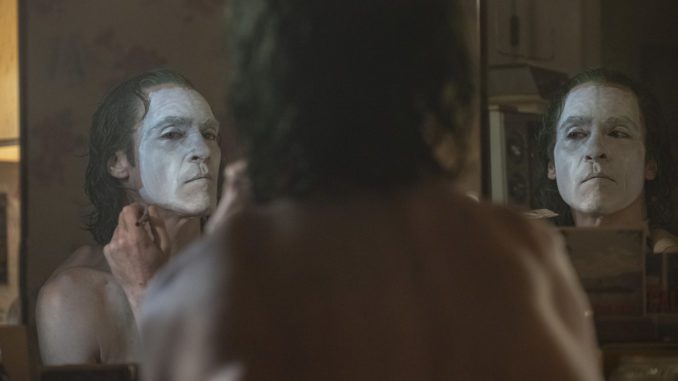
For a film which has its title character being lauded as the patron saint of incels, Joker (Joaquin Phoenix) is surprisingly, not. Which is no surprise, given that it isn’t the point of the film. Joker showcases Phoenix’s range as a thespian and how he can deliver brilliant performances with the most unorthodox characters. However, like all prequel/origin movies, it suffers from the fact that you know how the movie must end — and hence, the inevitability of its plot trajectory.
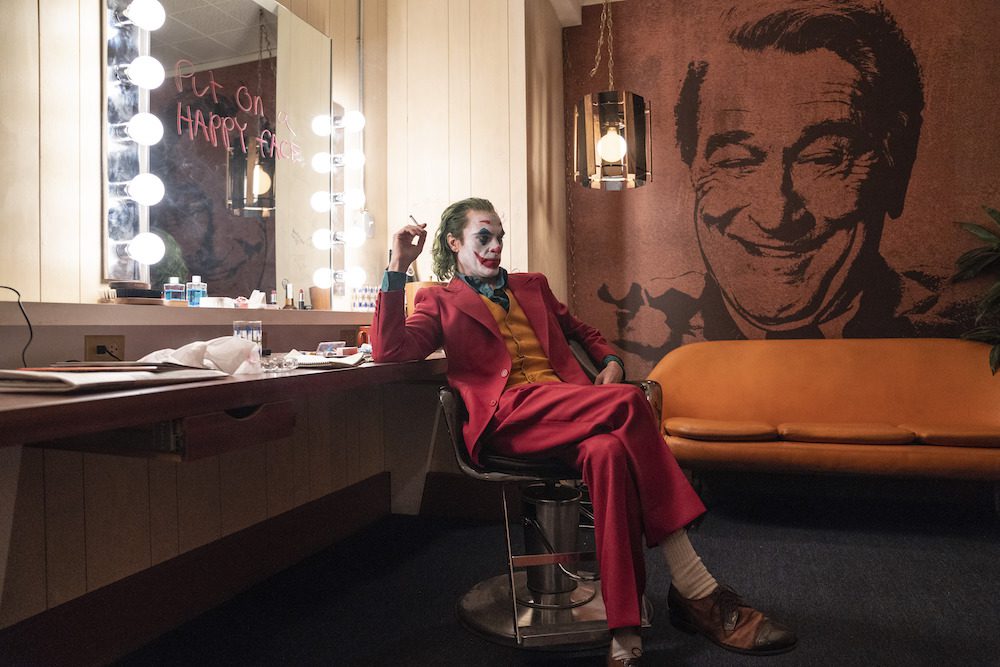
Joker tells the tale of how the eponymous Batman villain came to be. It depicts a character who suffers a series of tragedies and steadily grows disillusioned with society. But rage simmers within him, and he eventually gains the confidence to show the world what he is really like — and just how much resentment he bears towards the have-it-alls. A product of the system that is meant to protect us, Joker eventually rises to embody chaos, while unknowingly sowing the seeds of the future.
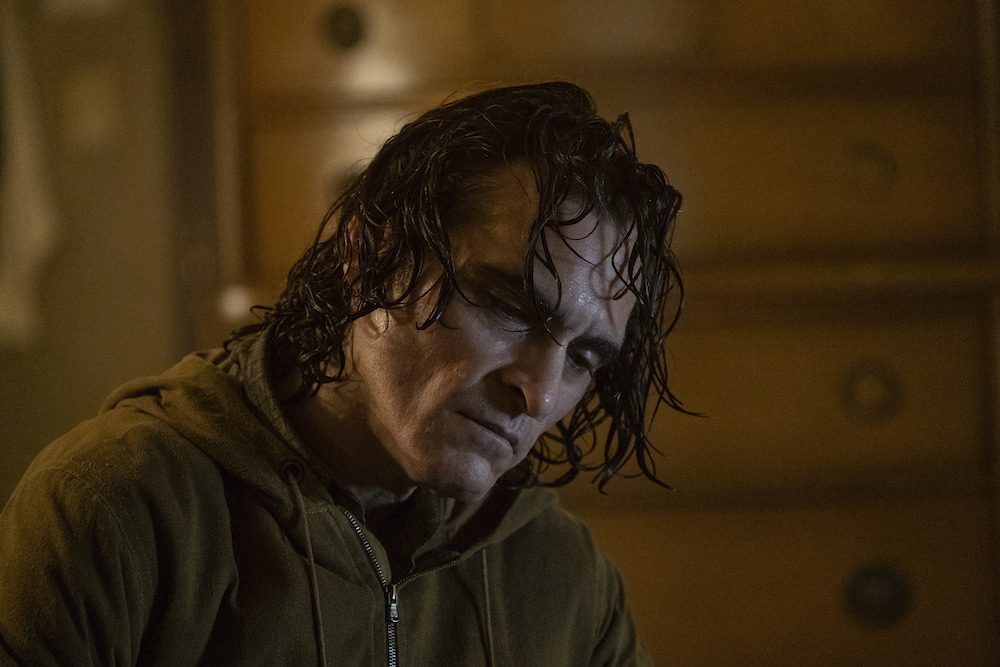
We’re introduced to the titular character as Arthur Fleck, a down-on-his-luck fellow with a mental illness and an ailing mother to take care of. While he’s creepy (and the film explicitly calls it out), Joaquin Phoenix imparts a certain sort of humanity to the character, delivering a complex portrayal of Fleck. He’s at once human and inhuman, unrelatable and sympathetic, but downright unnerving in his behaviour and actions. But it’s a series of misfortunes, each taking their toll on his already fractured mental state, that drives the character to his unescapable destiny.
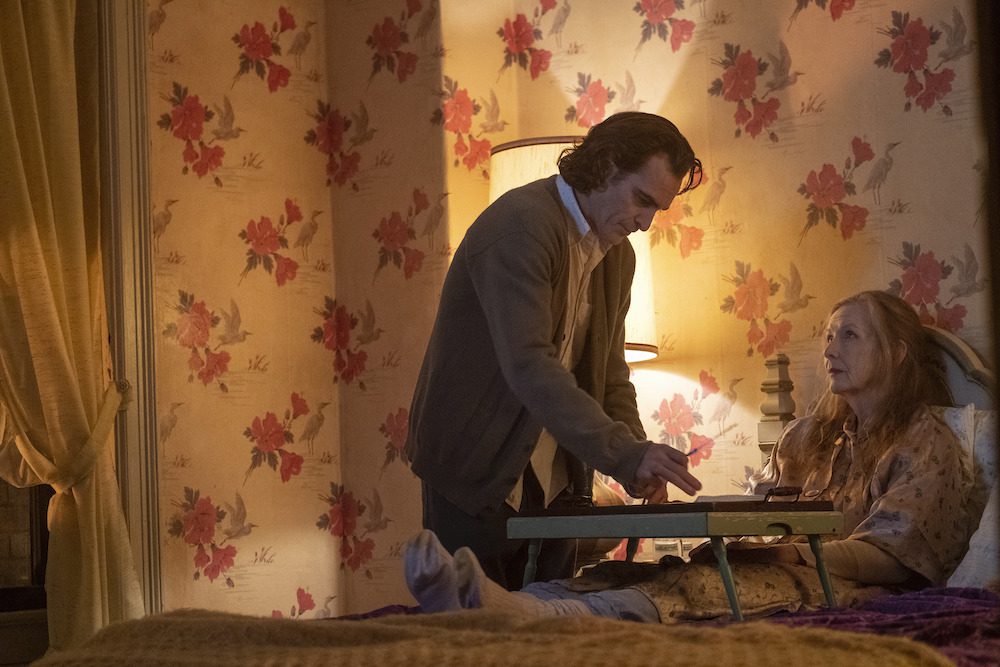
But if he’s so unrelatable, why does Fleck make your skin crawl? Wouldn’t he clearly be a character that couldn’t realistically exist in this world? It all boils down to his primal desire to be loved, accepted and recognised — which is a universal yearning that everyone has. However, linked to this is the equally primal desire to hurt those who have rejected us, which is not as kosher, but just as powerful an instinct. What the movie does is to take these two instincts and take them to their extreme, but logical conclusion. And since Joker is anything but a regular person (he’s a supervillain, for crying out loud), the film also adds a huge dose of bad luck and psychological disorders to truly pervert those desires.
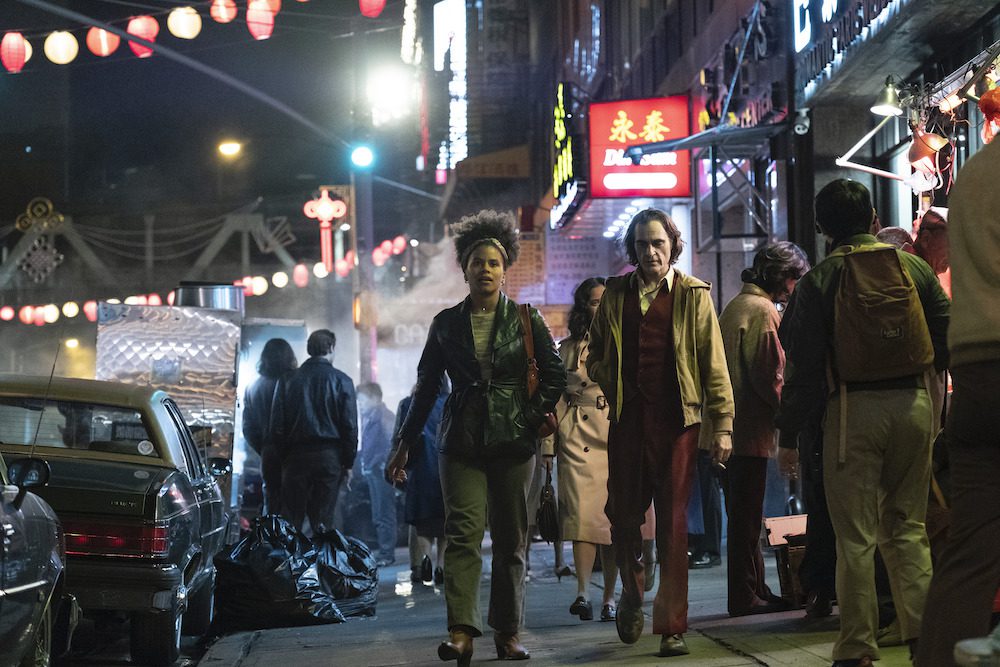
The creepiness, then, comes from the fact that if one were as profoundly disturbed and supernaturally unlucky as Fleck was, you could potentially see that person going down the main character’s route. And that, really, is the brilliance of the film. It takes an over-the-top character and gives a plausible and logical origin for him, all without humanising Fleck or making him sympathetic.
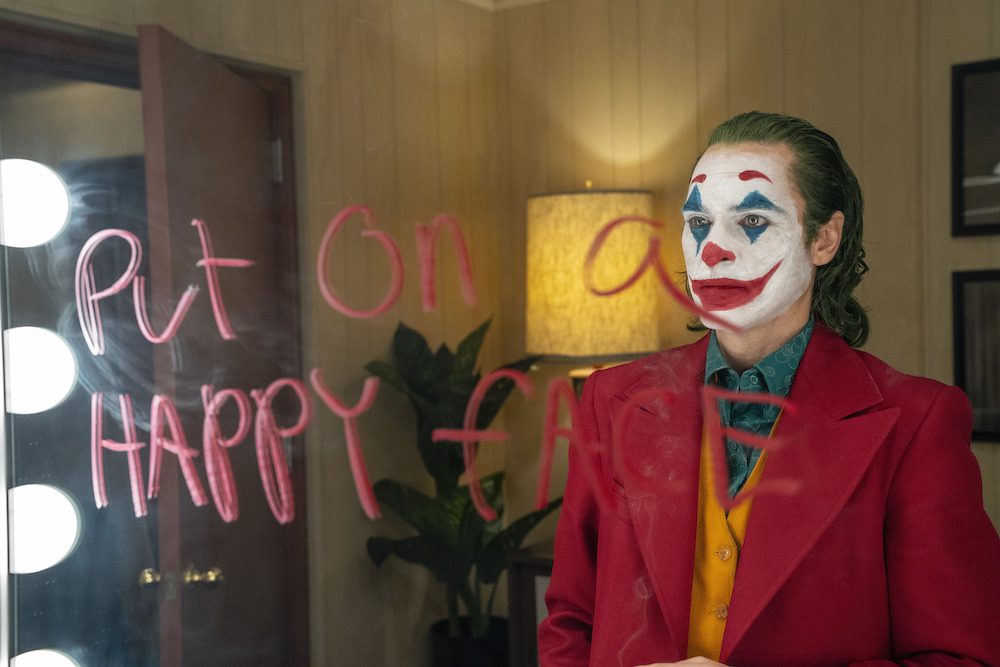
Of course, there are times when this goes overboard, like the film’s fascination with showing us Joker’s ribs. The first two times we see Fleck without his shirt, you flinch at how painfully thin he is. It’s horrifying and pitiful and disgusting, driving home the point that Fleck is possibly just as physically tortured as he is psychologically tortured. But then the movie persists in flaunting his ribs again, and again, and again, screaming at us to look at Joaquin Phoenix’s body transformation for Joker. It’s the supervillain equivalent of an actor getting into shape for a superhero movie and then showing off the hard work on his body, except (like most aspects of the film), it’s dialled up to an irritating eleven.

Like most origin stories, you know what the ending is going to be. The movie is no different, so the tension doesn’t come from whether Fleck can overcome the obstacles in his path. The problem is that there’s no dramatic tension there, since we want Fleck to fail in keeping his baser desires in check and we know that will happen. The real tension comes from guessing when the central character will snap and what he will do when that happens. It’s probably the only alternative the movie could have taken with regards to maintaining suspense in the plot.
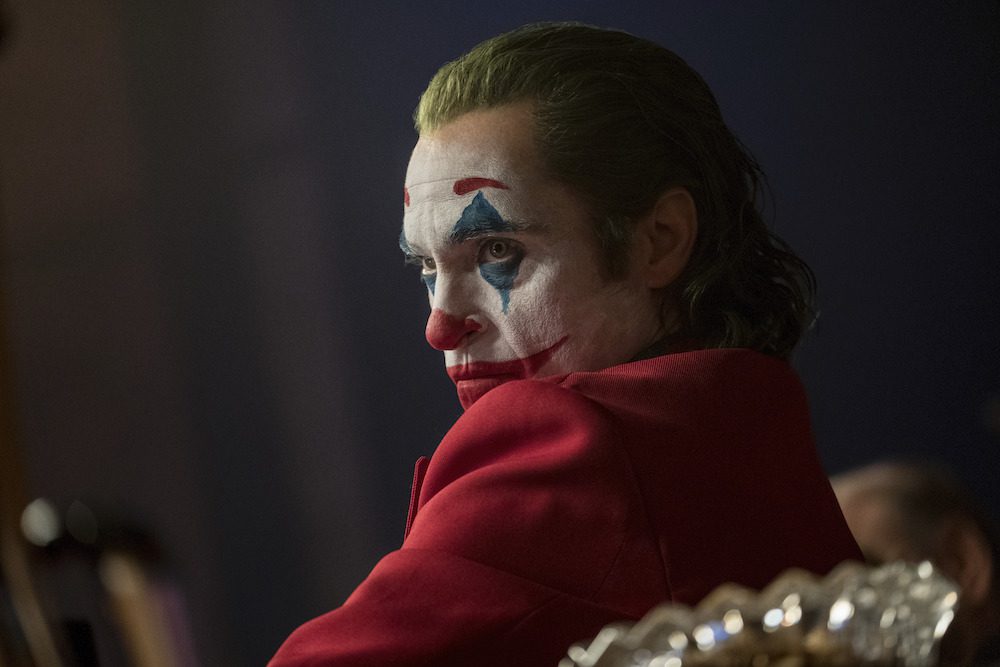
That being said, the film’s stylised cinematography, beautiful symbolism and exquisitely framed shots are a wonderful work of art. Joker excels at its visuals, as you slowly come to realise that this, too, is part of how the movie shows you the main character’s world view. It’s gloomy and gritty, and even the most mundane of locations are shown as through the dark lenses of Fleck’s perspective.
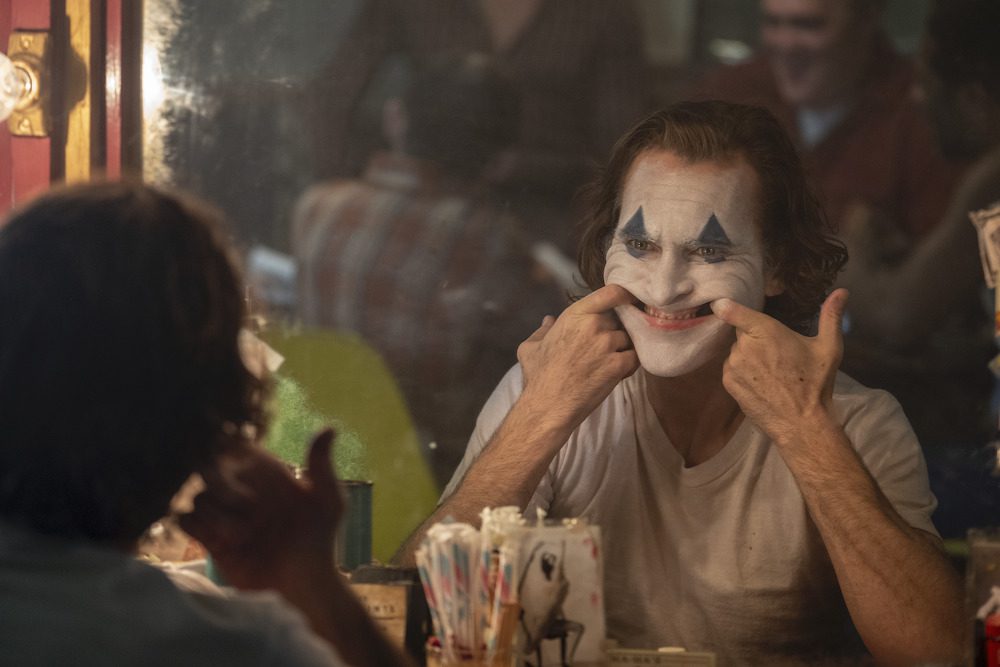
Is the movie violent? Yes, of course it is. It’s violent, shocking, and terrifying. But it’s also nothing less than what you’d expect from a Joker movie, since violence has become one of the character’s defining traits. So you should go in with the expectation of graphic violence. It is NC-16 after all, and the stylisation of the film already sets you up to expect a grim and gritty story.
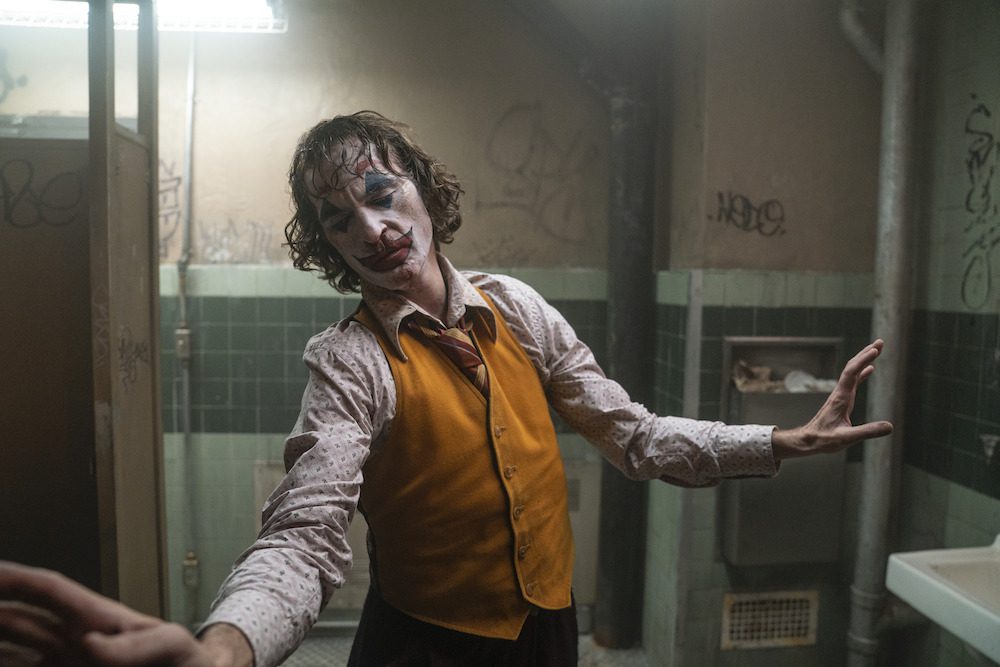
Finally, there’s the fan service. The movie pays homage to another beloved character, but it’s so comically shoehorned in that it detracts from Fleck’s story. It serves no purpose other than to set up a possible sequel, and if you don’t get it — then the scene doesn’t linger long enough for there to be a distinct emotional impact. It’s the only part of the film that feels oddly incongruous, like it was the result of executive meddling.
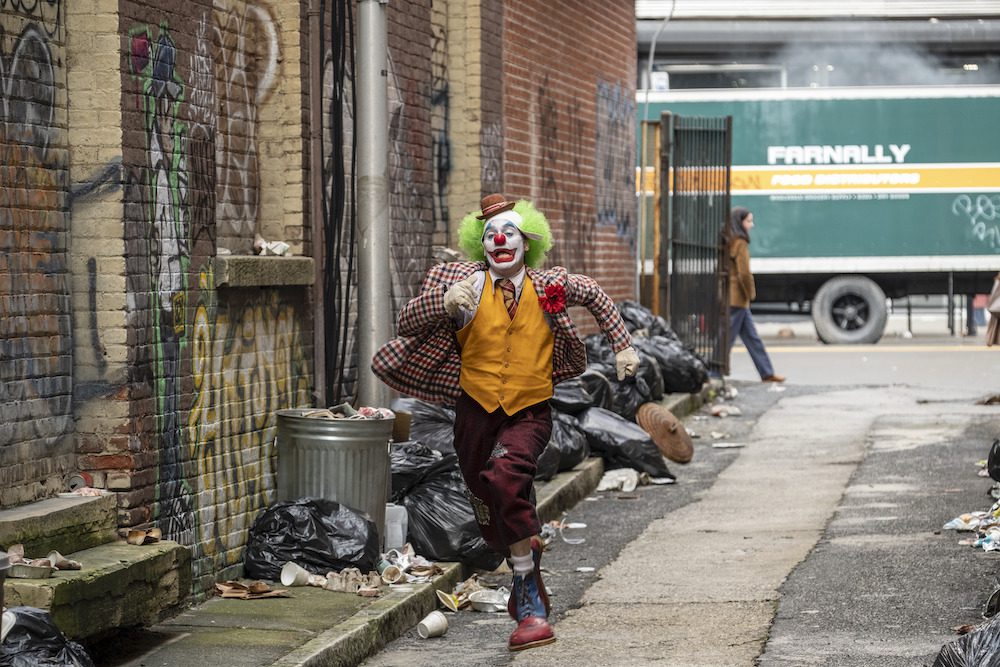
Joker is full of dichotomies, being both creepy and understandable, intense but overboard at times, taking us through a gamut of negative emotions. But most amazing of all is Joaquin Phoenix’s superb portrayal of the title character. You don’t quite know what to feel after watching it, which is the beauty of it all.
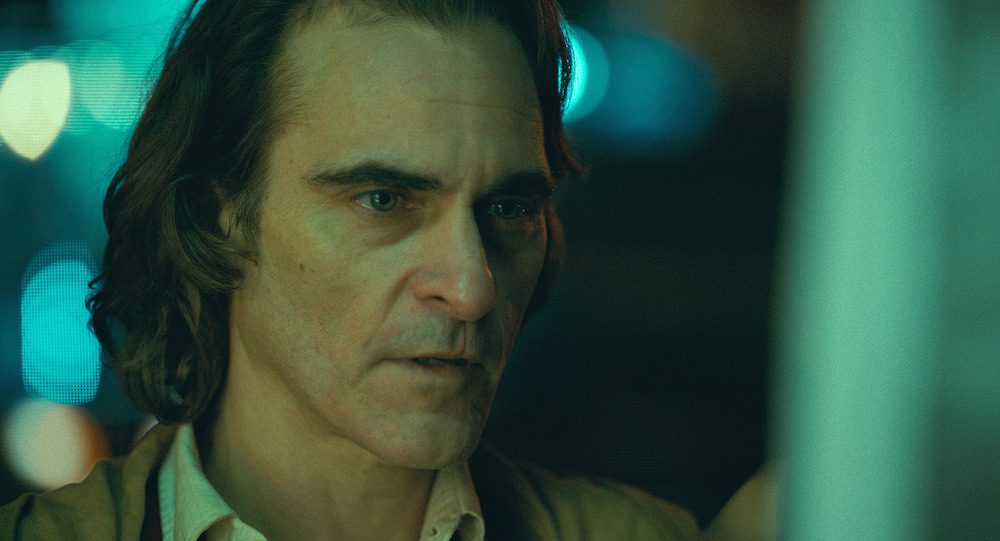
Should you watch this more than once? If you’re a fan of the Joker.
Should you watch this at weekend movie ticket prices? Yes.
Score: 3.9/5
Secret ending? No.
Running time: 122 minutes
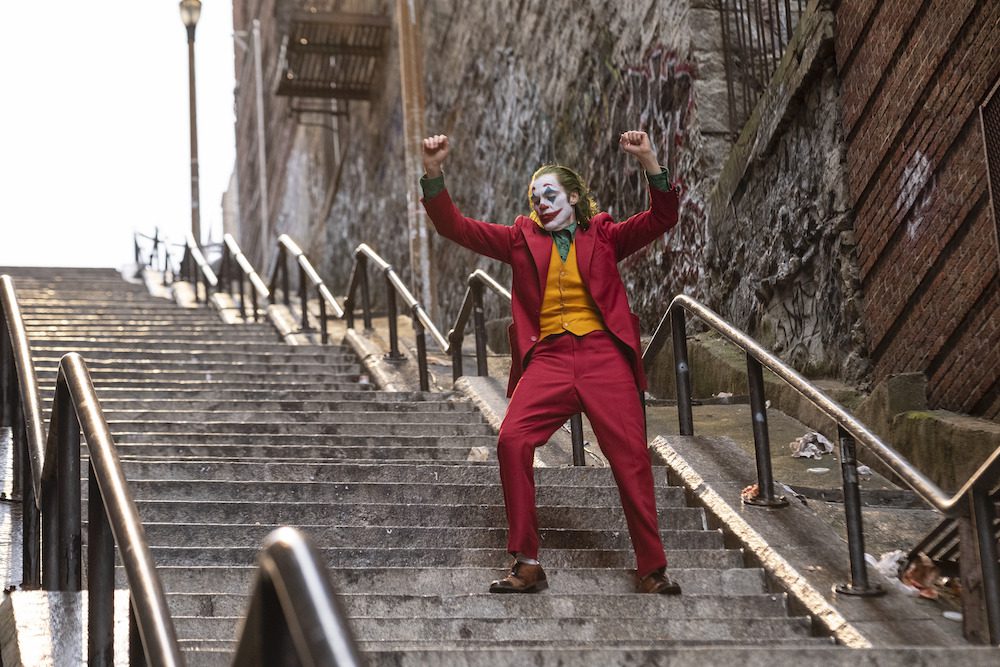
Joker is a supervillain movie done in a psychological thriller style.
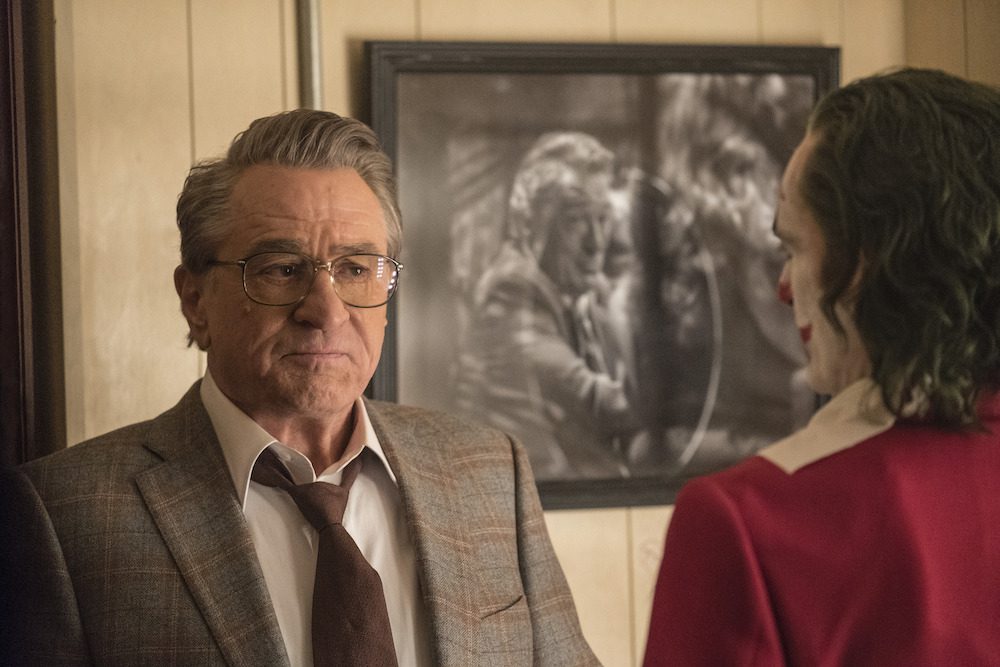
The film is directed and written by Todd Phillips, with writing credits for Scott Silver. It stars Joaquin Phoenix (Joker/Arthur Fleck), Robert De Niro (Murray Franklin), Zazie Beetz (Sophie Dumond), Frances Conroy (Penny Fleck), Brett Cullen (Thomas Wayne), Douglas Hodge (Alfred Pennyworth), and Dante Pereira-Olson (Bruce Wayne). It is rated NC-16.

Joker is out in cinemas:
– 3 October, 2019 (Singapore)
– 3 October, 2019 (Philippines)
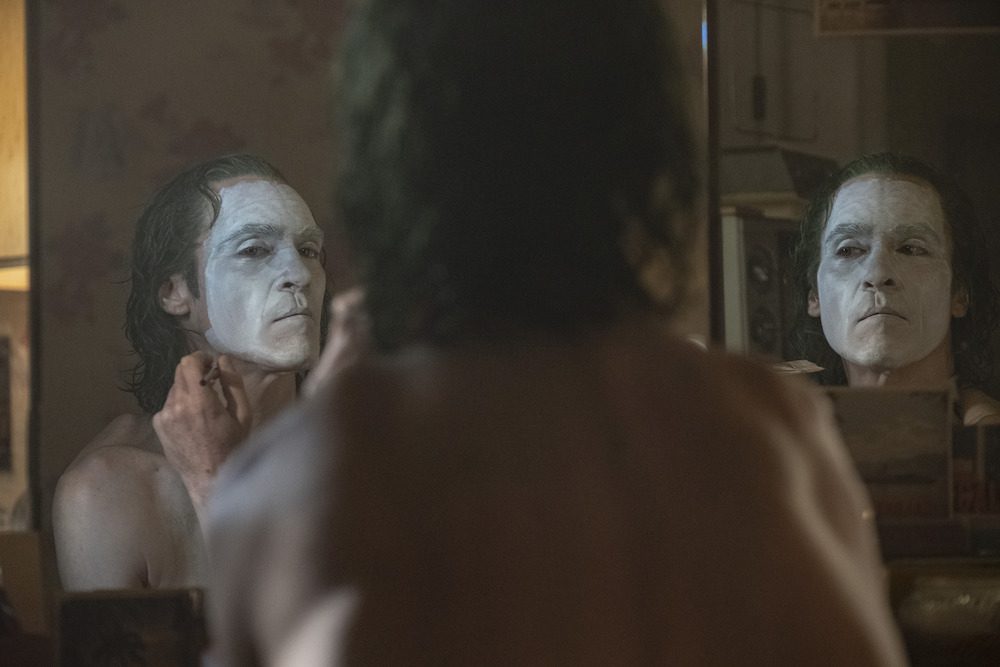
This article was first published on and written for Yahoo Lifestyle Singapore.
Follow Marcus Goh (yes, referring to myself in third person) on Facebook and Instagram for more (presumably) good updates!
I’m an independent scriptwriter who’s written for popular shows like Lion Mums, Crimewatch, Police & Thief, and Incredible Tales. I’m also a Transformers enthusiast and avid pop culture scholar. You can find me on social media as Optimarcus and on my site.
Send me an email if you want to get in touch!
Leave a Reply